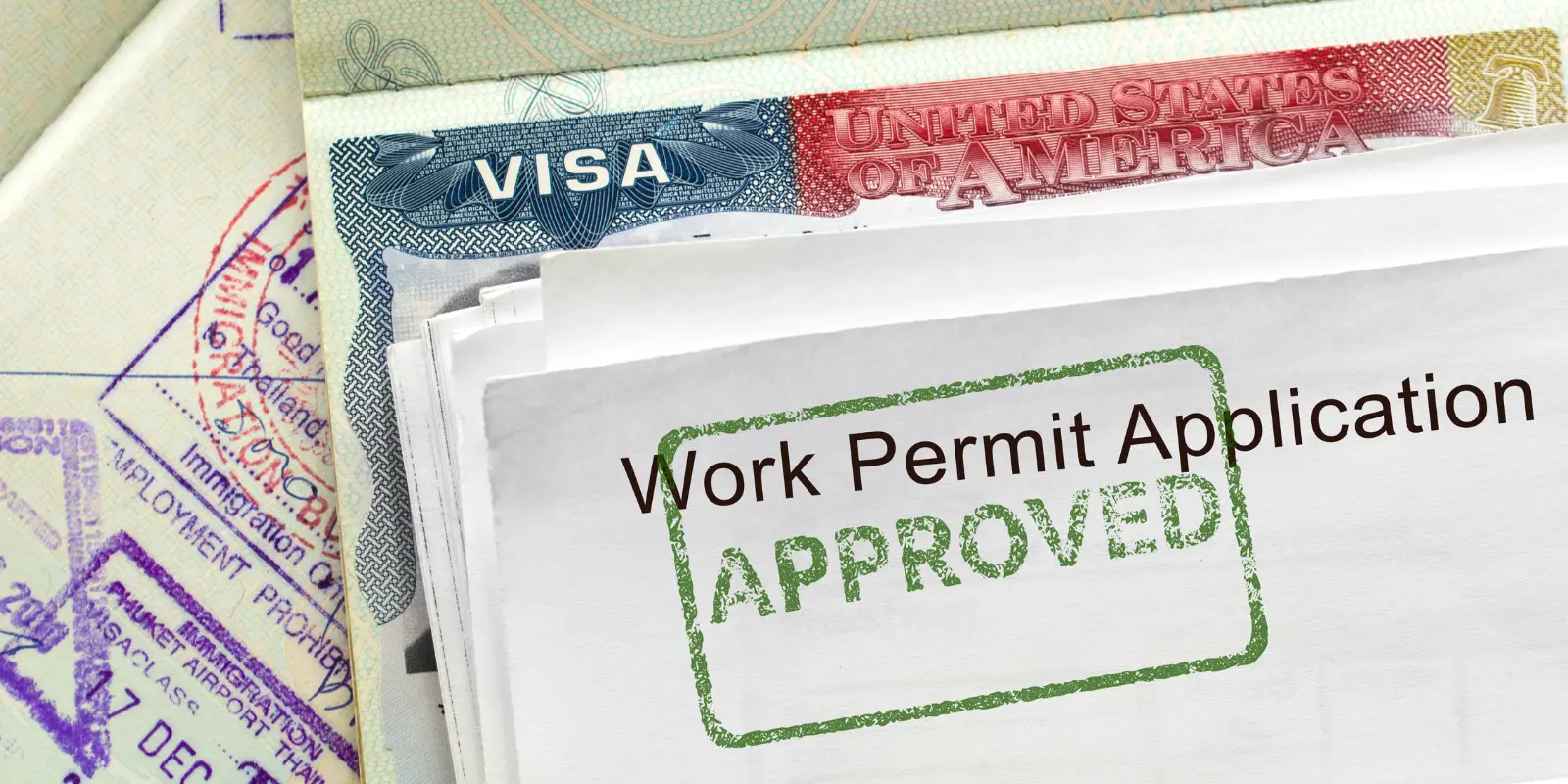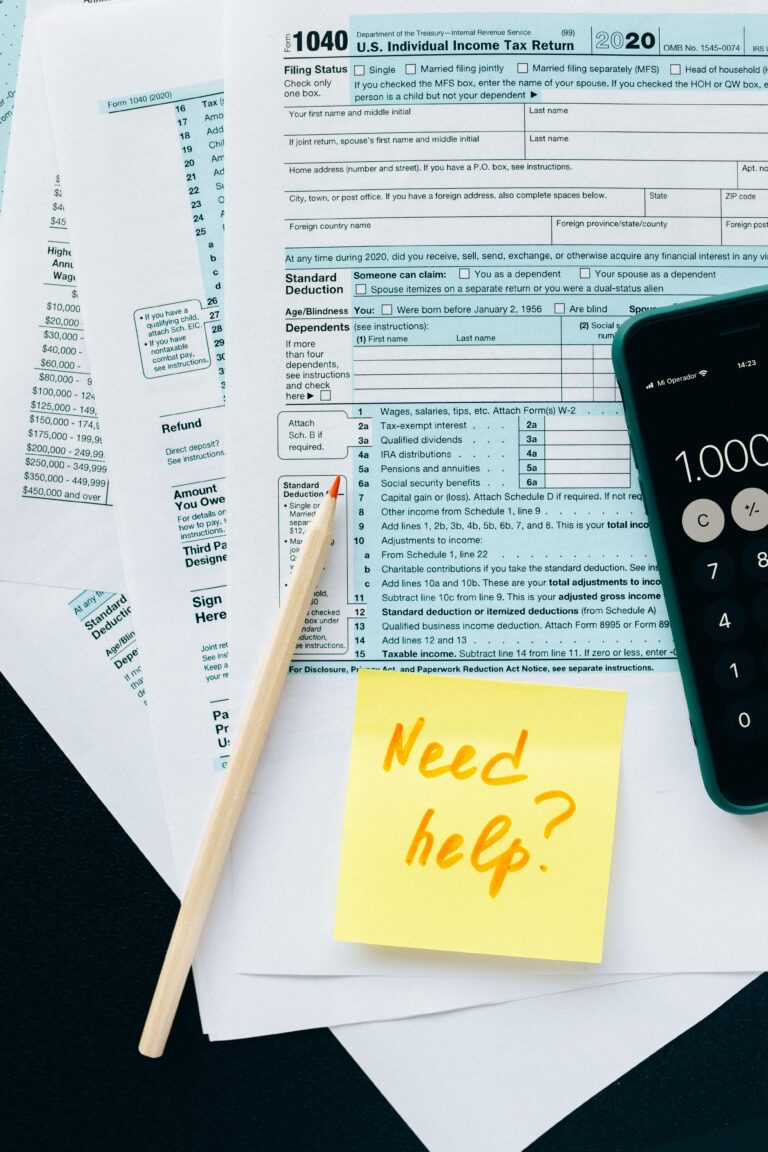For any foreigner aspiring to build a career in Thailand, understanding the framework of legal employment is paramount. While securing a job offer and a visa are critical first steps, they do not grant the right to work. That privilege is conferred by one specific document: the official Thai Work Permit. This document, issued by the Department of Employment, is the absolute legal authorization for a foreigner to engage in professional activities and earn an income within the kingdom.
This guide will serve as your definitive resource, demystifying the process by detailing the strict requirements, necessary documents, and the step-by-step procedure for obtaining a work permit in Thailand.
The Inseparable Link: Visa First, Work Permit Second
The most fundamental rule in the Thai employment process is the sequence of applications. It is impossible to apply for a work permit without first holding the correct type of visa. The mandatory prerequisite is a Non-Immigrant B Visa (or another qualifying long-term visa like one issued under BOI promotion).
Think of the Non-Immigrant B Visa as the key that unlocks the door to Thailand for the specific purpose of employment. Once you have entered the country with this visa, you are then eligible to approach the Department of Employment to apply for the work permit itself. Attempting to work on a tourist visa or other short-term visa is illegal and carries severe consequences.
Core Requirements: A Two-Sided Responsibility
A work permit application is an employer-sponsored process. Its success hinges on the qualifications of both the sponsoring company and the foreign applicant. The Thai government has established clear criteria to ensure that the hiring of foreign nationals is justified and that the employing company is a stable, contributing entity to the Thai economy.
For the Sponsoring Company: The employer bears the primary responsibility for demonstrating its eligibility. This includes:
- Sufficient Registered Capital: The company must have a specific amount of fully paid-up registered capital for each foreign employee it intends to hire.
- Thai Employee Ratio: The company is required to maintain a set ratio of Thai employees (duly registered in the social security system) for every one foreign worker in Thailand on its payroll.
For the Applicant: The foreign national must also meet personal qualifications to be deemed suitable for the role:
- Relevant Qualifications: You must possess educational degrees and a proven track of professional experience that directly relates to the job description.
- Medical Certificate: You are required to obtain a specific medical certificate for a work permit from a licensed hospital or clinic within Thailand, certifying that you are free from certain prohibited diseases.
The Application Process: A Step-by-Step Guide
The process for obtaining a work permit is methodical and should be followed precisely.
Step 1: The Pre-Approval Strategy (WP.3 Application) For the most seamless experience, the recommended first step is for the employer to file a WP.3 application with the Department of Employment in Bangkok. This is an application for a pre-approval letter. Once the Department of Employment approves this application, it issues a letter that the foreign applicant can use as a powerful supporting document for their visa application abroad.
Step 2: Securing the Non-Immigrant B Visa With the complete package of documents from the sponsoring company (including the WP.3 approval letter, if applicable), you will then apply for your Non-Immigrant B Visa at the designated Royal Thai Embassy or Consulate in your country of residence.
Step 3: The Final In-Country Application After entering Thailand on your Non-Immigrant B Visa, the final step takes place. You, the employee, must personally attend the Department of Employment along with your employer’s representative to submit your passport, original documents, and complete the final formalities. Upon approval, you will be issued the physical blue work permit book.
It is critically important to remember: you must not commence work or earn any income until this physical work permit book is in your possession.
Maintaining Your Legal Status
Receiving your work permit is not the end of the process. You must maintain your legal status throughout your employment.
- Annual Renewal: A renew work permit application must be submitted before its expiration date. This process is similar to the initial application and is dependent on the renewal of your long-term visa extension.
- Reporting Changes: In accordance with Thai labor law, you are legally obligated to update your work permit if there are any changes to your job title, responsibilities, or work location.
Conclusion
Securing a work permit in Thailand is an exacting process that underscores the partnership between a qualified foreign employee and a compliant Thai employer. It is a system built on clear rules that, when respected, provide a secure foundation for a successful professional life in the kingdom.
Given the strict documentation requirements and legal nuances, navigating this process can be challenging. To ensure that both the company and the applicant meet every criterion for a successful and fully compliant application, engaging professional services is the most prudent course of action. Contact the experts at Act and Align Advisor to manage your work permit application with the precision and diligence it requires.







